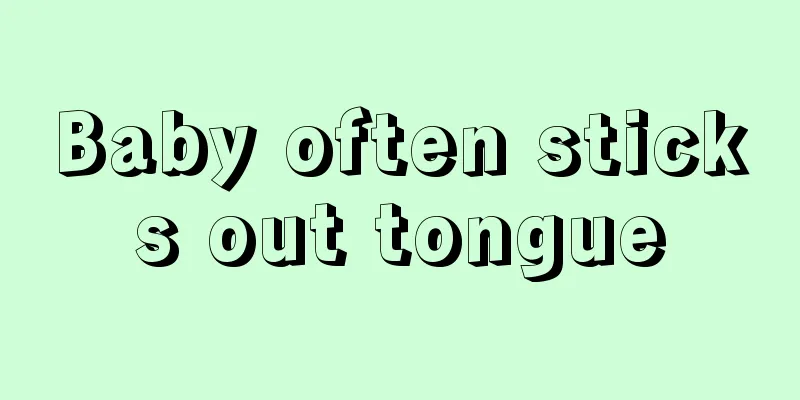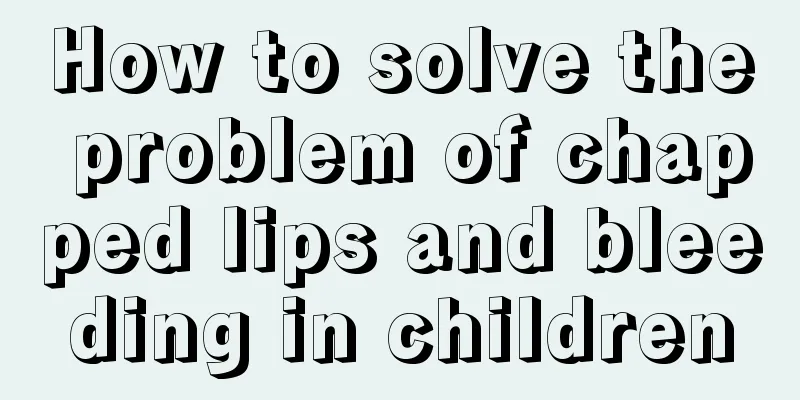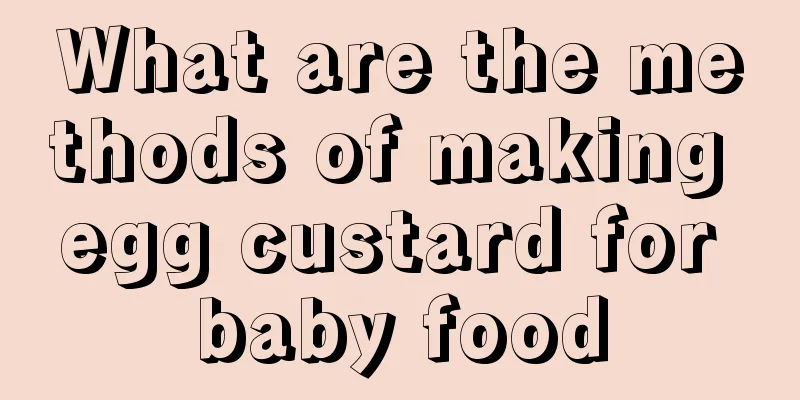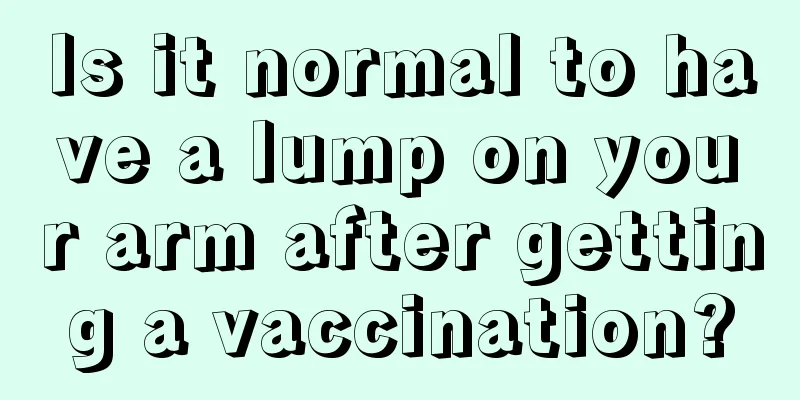Baby often sticks out tongue

|
It is cute when a baby sticks out his tongue often, which means the baby is healthy. When the child is young, sticking out the tongue is a way for the child to exercise and explore the future world. Generally speaking, parents should not worry about this. Of course, if the child sticks out the tongue frequently, especially when the child is older, attention should be paid. When did you start to stick out your tongue? Newborn babies rarely stick out their tongues. Generally speaking, babies start sticking out their tongues around 3 or 4 months after birth. Some babies start doing it even earlier, at around 2 months old. In fact, for babies at this age, sticking out the tongue is just like playing with toys. As the objects of their interest gradually increase and shift, they will not play the game so frequently. Reasons why babies stick out their tongue 1. Indicates that the baby is healthy If the baby's tongue tie is too short, it cannot extend beyond the lips and will have a lisp when speaking in the future. Therefore, when you see your baby sticking out his tongue at you frequently, it means that in addition to his ability to explore the world with his tongue, his tongue is also developing very quickly and healthily. 2. Natural stages of physiological development The baby's salivary glands will begin to secrete saliva two months after birth. At this time, the baby will lick with the tongue, and then will stick out the tongue. So mothers don’t need to worry too much, sticking out the tongue is a normal phenomenon before the age of one. 3. It is the baby's way to explore the world After the baby is born, the order of body movement development is from beginning to end. At the beginning, he uses his mouth to bite, his tongue to lick, etc. to touch and understand the world. Therefore, babies will suck from the moment they are born and will put things in their mouths at any time, especially their own fingers. Sucking and licking, it's like exploring the world. Different occasions, different needs 1. When feeding your baby with a bottle When you are feeding your cute baby, their tongue sticking out means that there is enough food in their mouth, or they are full and don't want to drink any more milk. Of course, in addition to sticking out the tongue, other ways babies show they are full include yawning, crying, pushing the nipple away, etc. Mothers must understand these actions, because eating too much can lead to obesity, so it is important to understand what the baby means when he sticks out his tongue. 2. Before feeding your baby When mothers have just made milk powder in the bottle and have not had time to feed their children, if the babies stick out their tongues, it does not mean that they are full. On the contrary, it means that they are hungry and sticking out their tongues means asking you for food. As for how to tell whether the baby sticks out his tongue because he is full or hungry, there are ways to do so. If you see your little one sticking out their tongue and tilting their head while you're feeding, that means they're full. But if you see them eagerly sticking out their tongue and reaching for you, that means your baby is hungry. 3. When the baby is playing As a father or mother, you will find that babies especially like to play with you and will imitate your facial expressions. The little ones will find this a fun game. At this time, if the baby sticks out his tongue, it means he wants to play a game with you and he is waiting for your response. At this time, mothers can kiss your baby, which will make him feel extremely happy. So, play more games with your children. This can enhance the relationship between you and your little one and make you closer. 4. When starting to feed your baby solid food Although many experts recommend starting solid foods at 6 months old, many children are not ready. If your baby sticks out his tongue when you start giving him solid food, it's a natural reaction to prevent choking. |
<<: Early symptoms of tuberculosis in children
>>: What are the dangers of hitting the fontanelle on the baby's head?
Recommend
What to do if your seven-month-old baby has bronchitis?
Bronchitis is a common respiratory disease that c...
How to reduce baby’s fever?
Fever in babies is a common phenomenon and is wha...
At what age should children start brushing their teeth?
Brushing teeth can better ensure oral hygiene and...
How to prevent baby herpes
Infant herpes is a common disease in our daily li...
What are the symptoms of cerebral palsy in premature babies?
Premature babies are prone to illness, so they us...
How to treat inverted nipples in girls?
The problem of inverted nipples usually occurs in...
What should I do if my child has a fever and is having convulsions?
Children usually don't pay attention to their...
Baby has a fever, forehead is hot and face is cool
When a baby has a fever, a series of symptoms wil...
The child felt nauseous after taking the anti-inflammatory injection and vomited all the medicine after taking it.
In life, many children are particularly susceptib...
1 and a half year old baby recipes
When children are very young, they cannot make ra...
What is the saying about whether babies should use pillows?
We adults must use pillows when we sleep, because...
Child's chin is purple?
If a child's chin turns purple, it is mostly ...
What to do if a two-year-old baby has a fever at night
When a two-year-old baby has a fever in the middl...
What’s wrong with my baby’s sunken anterior fontanelle?
The anterior fontanelle is unfamiliar to mothers ...
How to treat herpetic pharyngitis in infants
Among children's diseases, infantile herpetic...









